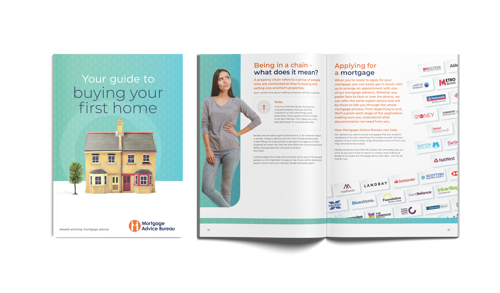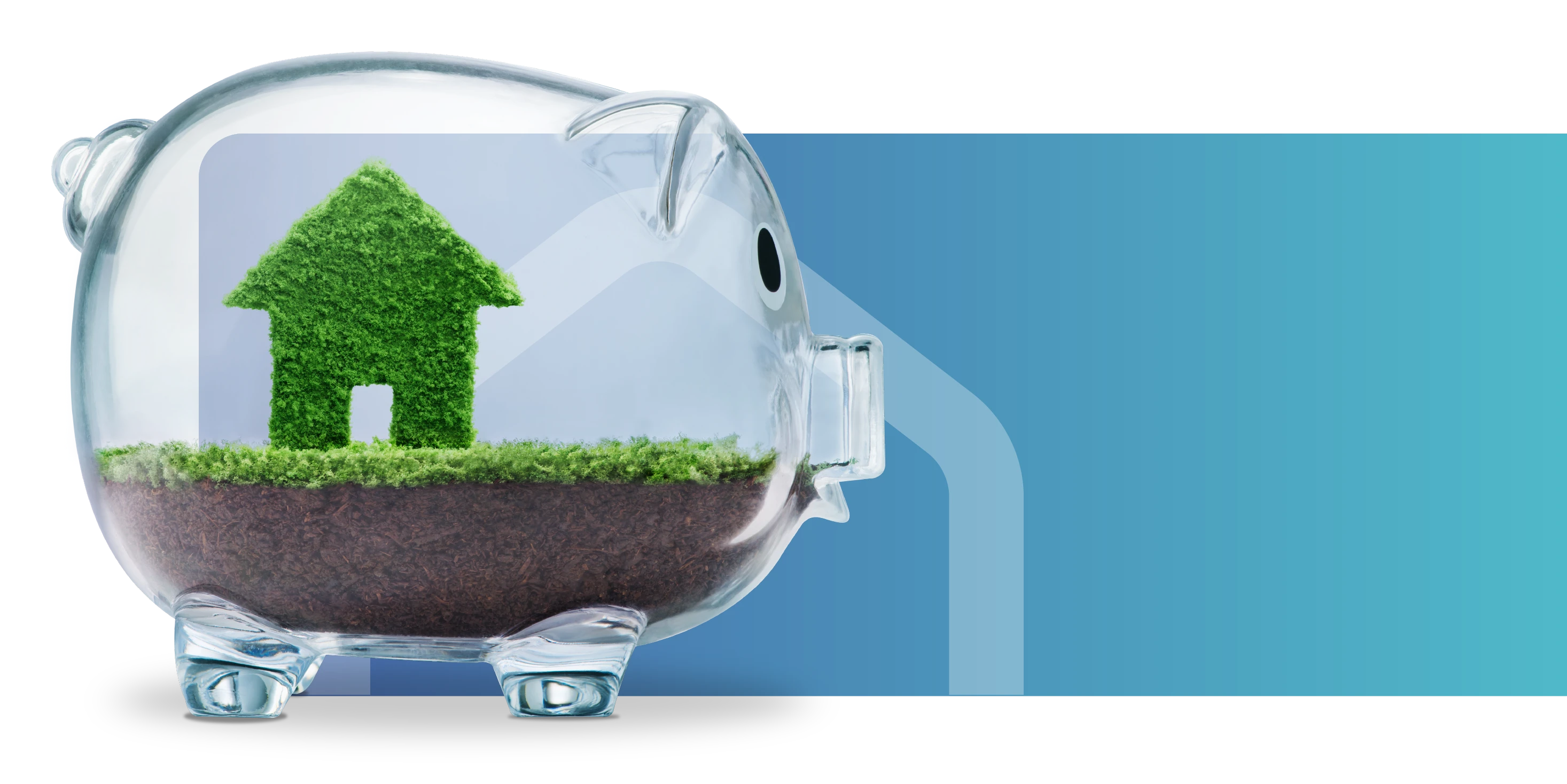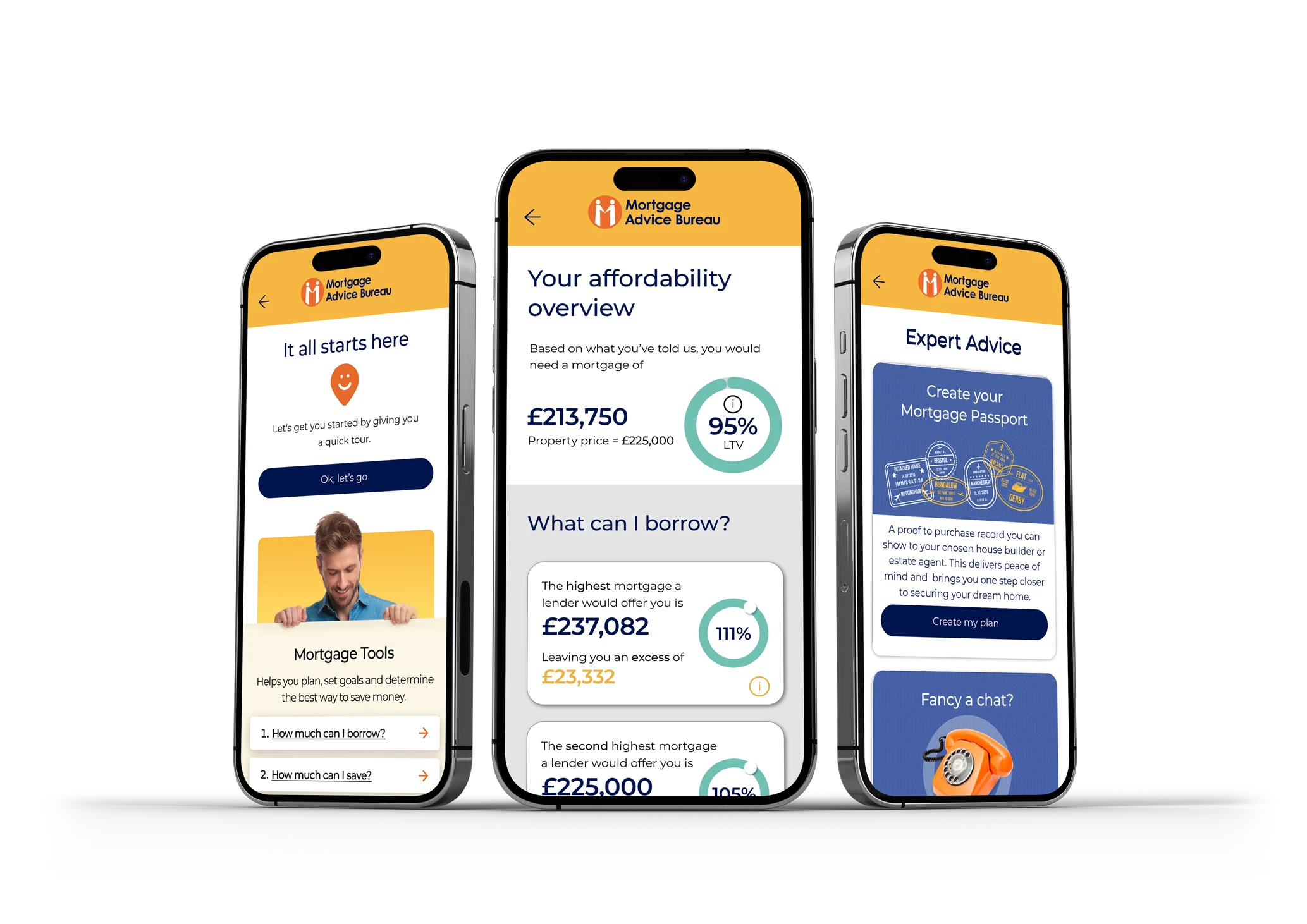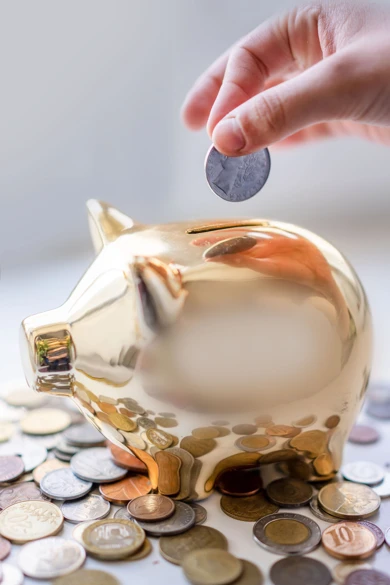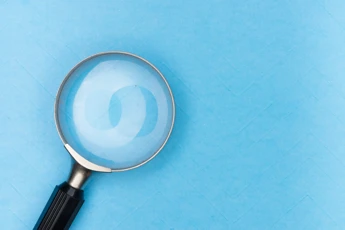 Written by: Danny Belton - Head of Lending
Written by: Danny Belton - Head of Lending
This guide has everything you need to know about saving for a deposit and how it works, especially if you're getting a mortgage for the first time. Whether your deposit is big, small or yet to even begin, there’s a way forward for you.
How do mortgage deposits work?
A mortgage deposit is the initial payment you make towards the total value of a house, which then reduces how much you need to borrow for a mortgage. For example, if a property costs £250,000 and you have £50,000 as a deposit, you would need to borrow £200,000 from a lender to be able to afford that house.
The bigger your deposit, the less you need to borrow, but the opposite is also true.
To get an idea of how much you could borrow with your deposit right now, try our borrowing calculator. If your deposit doesn’t match the value of the property you want, you may need to spend some more time saving up. Once you know how much you can borrow, you can work out how much your monthly repayments might be.
Mortgage Borrowing Calculator
Our borrowing calculator is designed to help you work out how much you could borrow, which gets you one step closer to owning your own home.
Simply enter a few key details to get an estimate of how much you could borrow.
Please note this is only an estimate and can vary depending on the lender and your personal circumstances.
To get a more accurate quote, we recommend you speak to one of our advisers. They can help you make an informed decision that is right for you.
Alternatively, check out all of our mortgage calculators.
How much can I borrow?
How much do you need for a deposit?
Many first time buyers start with a 5% deposit, which is the minimum amount for most lenders, although a 10% deposit is also common.
This percentage forms part of something called loan-to-value (LTV). This is how much you are borrowing compared to the value of your property. For example, if you have a 5% deposit, your LTV is 95%.
The specific amount you need to save depends on the total value of the property you want. However, there are benefits to having a bigger deposit, including:
- Better interest rates
- Higher chances for approval
- Options to borrow more (this will reduce the impact your deposit makes)
- Potentially lower monthly repayments (borrowing less means lower costs)
While there are benefits to saving for a deposit for longer, there are options available if you have limited savings or need to get moving sooner rather than later.
Can I get a mortgage with a small deposit?
Yes, you can. With options like the mortgage guarantee scheme, shared ownership, and Own New, you can buy a house with a small deposit from 5%. This all depends on the lender you speak to, but most have options for people with small deposits. A mortgage adviser can help you find a lender that has deals available to suit you.
What are your mortgage deposit options?
There are several ways you can build your deposit, whether from regular savings, gifts, or government incentives. Here are some of the most common mortgage deposit options available to you:
Traditional savings
-
Personal savings: This is one of more common methods to fund a deposit. Here, you save money over time to build your deposit.
-
Savings accounts: You could consider high-interest savings accounts to help maximise your returns.
Government schemes
-
Shared ownership: This scheme allows you to buy a share of a property, with the remaining share owned by a housing association. While you would pay rent on the part of the property you don’t own, it means your deposit requirements are smaller.
-
Lifetime ISA: This is a tax-free savings account that allows you to save up to £4,000 towards your first home, with a 25% government contribution.
-
Right to Buy: If you’re a council tenant, you may have the right to buy your home at a discount, reducing the amount needed for a deposit.
-
First Homes scheme: This scheme offers new builds at a discount of at least 20% to eligible first time buyers, reducing the amount needed for a deposit.
Developer incentives
-
Own New's Rate Reducer : This allows first time buyers and existing homeowners the opportunity to buy a new build with reduced interest rates.
-
Stamp Duty contributions: Many developers provide contributions towards stamp duty costs, which means you can potentially use that money to create a bigger deposit.
-
Deposit contributions: Some developers will offer financial incentives to boost your deposit and make it possible for you to buy a new build.
Family help
-
Gifted deposits: Family and sometimes even friends can provide a lump sum of money towards your deposit.
-
Guarantors: Many lenders allow family to act as guarantors on your mortgage deal, meaning they are responsible for repayments if you can’t meet them. This can reduce the deposit requirement.
How much can I borrow?
Working out how much you can borrow for a mortgage depends on a few factors, including your income, expenses, and deposit. This forms part of your mortgage affordability.
While credit scores don’t affect how much you can borrow, they have a bigger impact on your chances of getting approved, and the interest rates that may be available to you.
We asked one of our advisers, Jack Gear, what advice he would give to someone looking to buy a house and he said: “Have that meeting sooner rather than later. If you think you’re three to four months away from buying and you’ve not spoken to someone, you may find out when booking viewings and making offers that there’s actually something that could hold you back. We can help you find out if something can be shifted or fixed.”
Remember that there are a variety of things that could impact not only your borrowing power, but your ability to get a mortgage.
Jack adds: “There may be a credit card that needs to be cleaned up or a phone payment you’ve forgotten that’s going to catch you out. There are little things like that which we can make sure you haven’t missed. It can happen to anyone, but we can make sure that you’re not putting offers in when you’re not ready, even if you think you are.”
Remember, the bigger your deposit, the less you need to borrow. For an estimate of how much you could borrow, try our affordability calculator. It takes into account your incomings, outgoings, and savings to form a more detailed picture of your finances.
How to start saving for a deposit
Step 1: Set clear goals
By setting clear goals you can build a practical timeline for your deposit savings. Consider how much you need and when you need it to help set a baseline for your saving strategy.
Step 2: Track your money
Once you have your plan, make sure to track your income and expenses and understand where your money is going.
If you can, find areas to cut back on unnecessary everyday spending.
Step 3: Make saving a habit
This step takes determination, but can have a big impact on your deposit. By making saving money a habit, and setting aside a portion of your income each month, you can start building up your deposit. You can even consider automating your savings, using any tools your bank may offer to automatically move the money from your account when you get paid.
Step 4: Dealing with debts
You may want to consider paying off high-interest debt or consolidate any debt into a single loan with a lower interest rate. This could give you the breathing room to focus on saving more each month.
Step 5: Celebrate milestones
To stay motivated and focused on your goal, remember to celebrate your milestones. Even small amounts saved consistently over time can add up.
To help keep you on track, download our app for free and start tracking your savings.
Living at home? Here’s how to save for a deposit
One of our expert advisers, Rob Brookes, has some advice for people living at home who want to buy a house:
“Have some conversations to understand what it’s going to be like to own your own property. Talk about more than just mortgage payments, and consider utilities and other bills. Once you have this amount, put all of it aside each month, especially if you’re already househunting. Consider this a trial run of owning a house.
“At the same time, you’re building your deposit and getting used to that money leaving your account. This will give you a chance to see if you’re at the right level for your money, or if you need to tweak something to fit your lifestyle.”
Saving for a deposit while renting
The good news is renting and saving for a deposit is possible. However, it may require some planning and cutting back. Find places in your budget where you can save, whether that’s switching out your providers, taking steps to save money on electricity and water bills, or even downsizing to a smaller, cheaper space.
Make your money work for you by using schemes like the Lifetime ISA and high-yield savings accounts and at this point, don’t make big unnecessary purchases that would knock your savings down.
Rob Brookes also has advice for people renting and saving. He says: “If your rent hasn’t increased, but you expected it to, put that extra money you would otherwise have spent into a savings account or Lifetime ISA. If you know your mortgage could cost a bit more, then take the difference and put it aside. This gets you used to paying that extra money in terms of the mortgage, and gives you the opportunity to save a bit extra each month.”
Other costs to consider
Beyond the deposit, there are several other costs involved when buying a home, including purchase costs, moving costs, and then ongoing fees to consider.
Purchase costs:
-
Stamp Duty: Tax paid to the government when you buy a property. The amount depends on the property value and is only charged after £250,000.
-
Conveyancing fees: Legal costs for the transfer of ownership.
-
Survey fees: The cost of a professional inspection of the property.
-
Mortgage arrangement fees: Charges paid to the lender for setting up your mortgage.
-
Mortgage advice fees: A fee paid to your adviser for their ongoing and continuous advice upon the completion of your mortgage.
Moving costs:
-
Removal costs: The cost of hiring a moving company.
-
Storage costs: If you need to store belongings temporarily.
Ongoing costs:
-
Mortgage repayments: The monthly payments on your loan.
-
Property taxes: Council tax, which is paid to your local authority.
-
Utilities: Costs for gas, electricity, water, etc.
-
Home insurance: This covers damage to property and is required for a mortgage.
-
Maintenance: The general cost of repairs, upkeep, and gardening.
-
Service charges: This is only applicable if you live in a building with shared facilities.
Be sure to factor these extra and ongoing costs into your budget when you’re planning to buy a house.
Key takeaways for saving for a deposit
Saving for a deposit requires planning, attention and dedication, but it’s more than possible to build your deposit to a point where you’re ready to buy.
Explore options like low-deposit mortgages, government schemes, and if you’re in a position to do so, ask a family member for support. Plan carefully, regularly review your options, and speak to a mortgage adviser early in your journey to get a sense of direction.
You’re in charge of your financial future, but we’re here to help. Talk to us today for an initial, fee-free consultation and let's get the ball rolling.
Important information
Your home may be repossessed if you do not keep up repayments on your mortgage.
There may be a fee for mortgage advice. The actual amount you pay will depend on your circumstances. The fee is up to 1% but a typical fee is 0.3% of the amount borrowed.
Frequently asked question
Save a percentage of your salary that’s comfortable. For some that may be 10% of their salary, for others even higher. Try the 50/30/20 rule*.
If the minimum deposit needed is 5% and the house costs £200,000, then £10,000 is enough for a deposit.
While there is no minimum salary required, the value of the property determines how much you need to earn to afford a house. Most lenders cap their lending at 4.5x your salary, so this is a good benchmark.
Average deposits vary widely across the country, with the lowest sitting close to £5,000 and the highest at £51,000 for a 5% deposit*. It all depends on property price, so check your area for averages.
In 2023, the average age of a first time buyer was 34*, with a total of 874,000 properties bought.
Latest Articles
Getting a mortgage but don't know where to start?
The benefits of saving for a bigger deposit
How do mortgages work?
Ready to speak to an adviser?
Arrange a callback
Download our FREE first time buyer's guide
Get access to our jam-packed guide full of helpful information when you download. We'll also send you important industry news and information to keep you in the loop with what's happening in the mortgage industry.
